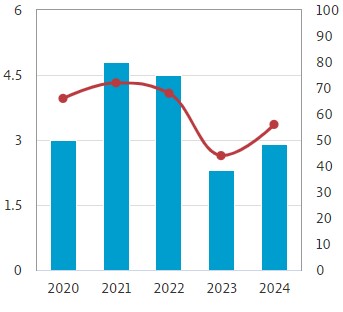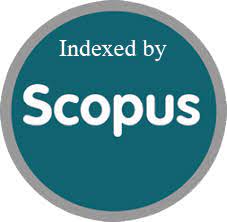The Ownership Pathway: Psychological Ownership as a Mediator of Paternalistic Leadership and Work Engagement
Abstract
Background: Leadership is an essential managerial function that directs an organization’s resources towards achieving optimal efficiency and goals. By inspiring, motivating, and guiding individuals to complete their tasks, leadership acts as a pivotal force in driving engagement and fostering psychological ownership within an organization. This sense of ownership can subsequently elevate levels of work engagement among employees. Consequently, this research aims to investigate how psychological ownership mediates the link between paternalistic leadership and work engagement in the context of corporate managers.
Methodology: Structured questionnaires were administered to middle level corporate managers for the collection of the data. The study garnered 300 valid responses from participants employed in multi-national companies of Delhi-NCR. A correlational design was employed for the analyzation of the data collected from the corporate managers.
Results: The analysis showed a positive correlation between Paternalistic Leadership, Psychological Ownership, and Work Engagement. It also indicated that Paternalistic Leadership and Psychological Ownership serves as a significant predictor of Work Engagement among corporate managers. Additionally, Psychological Ownership was found to significantly mediate the relationship between Paternalistic Leadership and Work Engagement.
Conclusion: This research seeks to support corporate managers in adopting Paternalistic Leadership within their organizations and by incorporating Paternalistic Leadership, managers can foster a deeper sense of psychological ownership, ultimately driving higher levels of work engagement within their teams. It highlights the dual role of Psychological Ownership, not only as significant predictor but also as mediators that strengthen the connection between leadership style and employee engagement.





